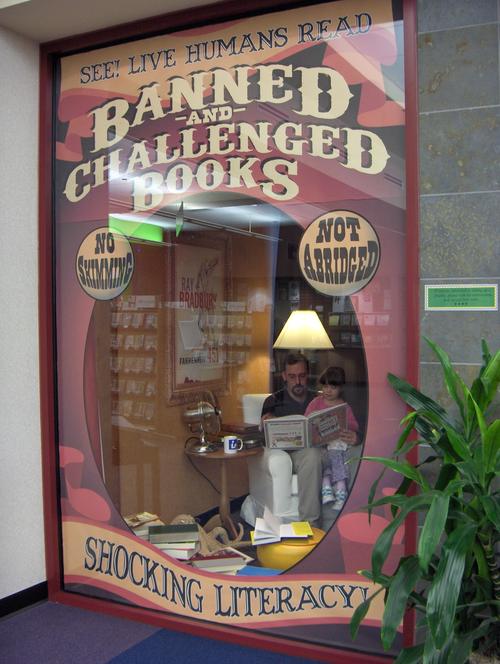If your mother was doing her job, she warned you never to send off a scathing letter in the heat of passion. Sure, write it, but then tuck it away in the drawer overnight and then throw it away in the morning.
Reportedly, even Mark Twain didn't send off his angry letters, even though his are a lot funnier than ours, as witness his complaint to the Hartford Gas & Electric Co.:
Some day you will move me almost to the verge of irritation by your chuckle-headed Goddamned fashion of shutting your Goddamned gas off without giving any notice to your Goddamned parishioners. Several times you have come within an ace of smothering half of this household in their beds and blowing up the other half by this idiotic, not to say criminal, custom of yours. And it has happened again today. Haven't you a telephone?
The point is Twain didn't send that letter, and neither should you.
Sadly, email has made it even easier to send indiscreet missives. Having noticed that the email equivalent of drinking & dialing causes untold human misery, Google has come to our rescue with
Mail Goggles.
Here's how it works. When enabled on
Gmail (Google's email tool), Mail Goggles becomes active late at night on the weekends. When it detects late night email activity, it will test whether you
really want to send that email to your, say, ex-boyfriend by asking you first to complete a few math problems. Once the program has verified that you are in your right mind, it will allow you to send the email. Otherwise, it holds it until the next morning and double-checks with you then.
You control the difficulty of the math problems. As the wits on
Wait Wait . . . Don't Tell Me! observed last week, it's too bad Google doesn't have a version for English majors, where--instead of math problems--we would be asked to name the four March sisters in 15 seconds.























 ms.dsk is reading
ms.dsk is reading  Rob Koelling is reading
Rob Koelling is reading  S. Renee Dechert is reading
S. Renee Dechert is reading  Mary Ellen Ibarra-Robinson is reading
Mary Ellen Ibarra-Robinson is reading  Bill Hoagland is reading
Bill Hoagland is reading  Jennifer Sheridan is reading
Jennifer Sheridan is reading  Robyn Glasscock is reading poetry by
Robyn Glasscock is reading poetry by  Susan Watkins is reading
Susan Watkins is reading